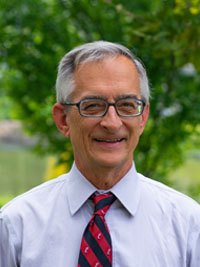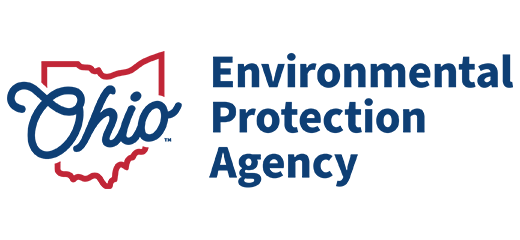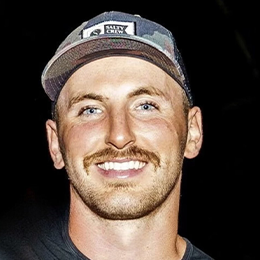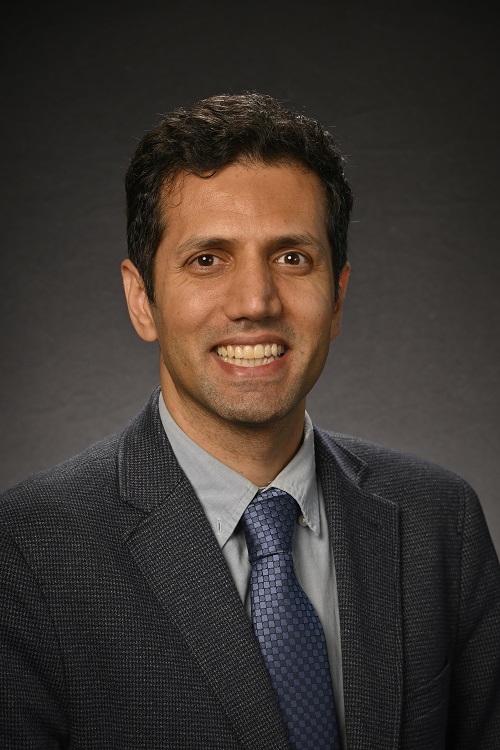

Susan Bell is the Director of Polymer Processes for S&P Global’s Process Economics Program (PEP). She has more than 25 years of experience in the global chemicals industry. Since joining S&P Global (formerly SRI Consulting) in 2001, she has focused on polymer process technology working on consulting projects and authoring multi-client studies providing technical and process economic evaluation of commercial and emerging chemical technologies. Her past projects include plastic recycling, renewable polymer and chemical, polymer nanocomposites, polyolefins, polyethylene terephthalate and polycarbonate.
Before joining S&P Global, she held technical positions at ExxonMobil Chemical Company and ARCO Chemical Company. Dr. Bell received her Ph.D. and M.S. in Chemical Engineering from Massachusetts Institute of Technology, Cambridge, Massachusetts and B.S. in Chemical Engineering from Columbia School of Engineering, New York City, New York.


Josh Guilliams, Vice President of Consultancy, leads Smithers’ technical consulting team based in Akron, Ohio. Josh manages client relationships and works with other Smithers experts on complex projects. He also conducts in-depth investigations of a wide variety of rubber materials and final products on behalf of clients.
Before joining the team at Smithers, Guilliams spent several years in leadership at Polymer Valley Chemicals, Inc., as Technical Director and Vice President of Technical Operations. Prior to his time at Polymer Valley Chemicals, he held technical and commercial roles at Hankook Tire, EASTMAN Chemical Corporation, LANXESS Corporation, and Bridgestone Americas Tire Operations.


Mme. Virginie Bussières holds the position of Vice-President, External Relations and Partnerships at
Polystyvert. As a committed leader, she fosters building trusting relationships and mobilizing partners
around innovative and sustainable solutions. With a strong background in communications and public
affairs, she is at ease in highly regulated industries, promoting a co-creation approach for a common
understanding of complex issues in a rapidly evolving landscape. Her enthusiasm for environmental
innovation is reflected in her commitment to developing authentic and meaningful initiatives to support
business objectives in both local and international markets.
Mme. Bussières holds a bachelor's degree in Communications and Political Science as well as an
executive MBA. Beyond her professional responsibilities, she shares her insights in public relations as a
university lecturer and international speaker.


Tamsin Ettefagh has 33 years of experience in the areas of recycling and plastics recycling; from implementing a recycling collection program, to running the recycling operations for a MRF, to purchasing raw materials for plastic recycling companies, to selling recycled resins for plastic recycling companies. She has consulted for agencies, banks, potential plastic manufacturers on market conditions, types of supply and how to evolve and diversify markets for recycled resins. Ms. Ettefagh is currently working as Strategy and Sustainability Officer for Purecycle Technologies


Coming soon.


Coming Soon!


Mahdi Takaffoli is the co-founder and CEO of 5REDO (https://5redo.ca/), a consulting company dedicated to advancing sustainability and business growth through circular economy principles and strategies. Working across multiple sectors, 5REDO specializes in circularity integration, life cycle assessment, and R&D support in bio-based materials and green chemical processes.
Mahdi is the co-editor of Biocomposites and the Circular Economy, an upcoming book to be published by Elsevier in 2025. In addition, he has co-authored several articles on the circular plastic economy in peer-reviewed journals, including “environmental impact assessment of plastic waste management scenarios in the Canadian context”, and “effects of perceived situational factors on plastic packaging waste recycling behavior through environmental attitude.” Mahdi earned his Ph.D. in Mechanical Engineering from Toronto Metropolitan University, followed by a two-year postdoctoral fellowship at the Massachusetts Institute of Technology (MIT). He is also an alumnus of the Ellen MacArthur Foundation's From Linear to Circular Programme.


Maurizio is currently the Innovation and Marketing Director for IML at Multi Color Corporation and spent the last 20 years in marketing and product management in the packaging industry. working with companies such as WestRock (now Smurfit Westrock), Tetra Pak, Avery Dennison, Klockner Pentaplast, and Robopac. Born in Bologna, Italy, Maurizio is dedicated to creating sustainable value for customers and supporting business growth with circular packaging solutions.
Maurizio holds a Ph.D. in Chemistry and a Master's in Marketing, with research experience at institutions including UT Austin, GA Tech, EPFL Lausanne and Monash University in Melbourne.